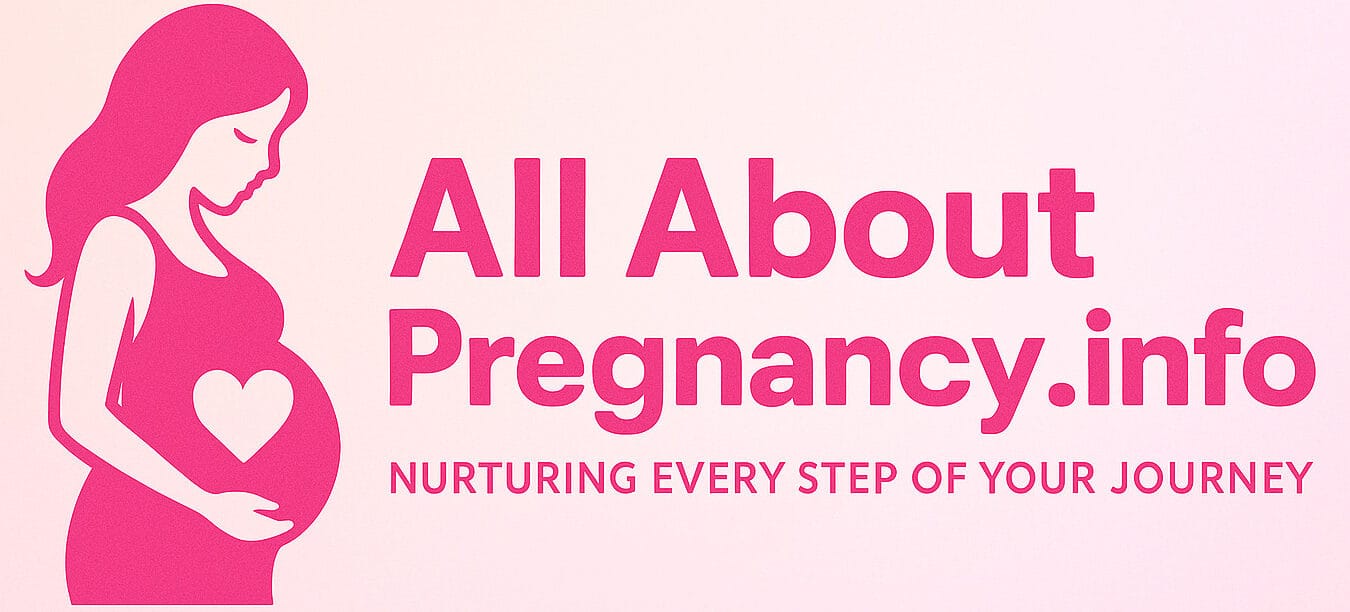Postpartum Stress: How to Cope After Delivery
The journey of motherhood doesn’t end with childbirth—it evolves. While the arrival of a baby is often associated with joy and excitement, it can also be accompanied by emotional upheaval, anxiety, and overwhelming stress. This condition, known as postpartum stress, is far more common than many realize and deserves attention and compassion.
In this blog, we’ll break down the causes of postpartum stress, how it manifests, ways to manage it effectively, and when to seek professional help.
What Is Postpartum Stress?
Postpartum stress is a condition characterized by heightened anxiety, emotional fatigue, and mental strain experienced by new mothers in the weeks or months following childbirth. It differs from postpartum depression (which includes deeper mood disturbances) but can overlap.
Common Signs of Postpartum Stress:
- Constant worry or fear, especially about the baby
- Feeling overwhelmed by responsibilities
- Irritability and mood swings
- Insomnia or disturbed sleep
- Racing thoughts
- Lack of enjoyment in daily activities
Causes of Postpartum Stress
Understanding the underlying reasons for postpartum stress helps normalize the experience and find solutions. Key causes include:
- Hormonal changes: After delivery, estrogen and progesterone levels drop drastically, affecting mood regulation.
- Sleep deprivation: Night feeds, crying, and irregular sleep impact mental clarity and emotional health.
- Physical recovery: The body undergoes massive changes and healing post-delivery, whether through a C-section or vaginal birth.
- Breastfeeding challenges: Pain, latching issues, or milk supply concerns can create emotional stress.
- Sudden lifestyle shift: Managing time, lack of freedom, or feeling isolated can be emotionally jarring.
- Pressure to “bounce back”: Societal expectations around body image or parenting standards can lead to guilt and shame.
Coping Strategies for Postpartum Stress
1. Prioritize Rest
Sleep whenever possible, even if it means ignoring chores or visitors. Create a schedule with your partner or support system to allow some uninterrupted sleep blocks.
2. Accept Help
Let go of the urge to “do it all.” Accept meals, cleaning help, or childcare offers from trusted family and friends.
3. Stay Nourished
A healthy diet supports both body and mind. Include mood-boosting nutrients like omega-3s, iron, and magnesium. Drink plenty of water—especially if breastfeeding.
4. Practice Mindfulness
Simple deep-breathing techniques, guided meditations, or yoga stretches can greatly reduce stress hormones.
5. Talk About It
Share your feelings with a partner, friend, or support group. You’re not alone. Talking reduces emotional load and helps you process feelings.
6. Get Moving
A gentle walk outdoors can do wonders. Physical activity stimulates endorphins and relieves tension.
7. Limit Social Media
Comparing yourself to picture-perfect mothers online can worsen anxiety. Curate your feed or take a break.
When to Seek Professional Help
If postpartum stress interferes with daily functioning or leads to persistent sadness, lack of interest, or harmful thoughts, it’s essential to speak with a mental health professional.
You may be experiencing postpartum depression or postpartum anxiety disorder, which are both treatable. Don’t hesitate to reach out to a counselor, therapist, or psychiatrist.
You can read more about Understanding Postpartum Eclampsia: Causes, Risks & Care on our blog to explore another postpartum condition.
Supporting a Loved One with Postpartum Stress
If you’re a partner, friend, or family member:
- Be patient and understanding
- Offer non-judgmental help, even with small tasks
- Listen more than give advice
- Encourage professional help, if needed
- Stay present, even if you don’t have all the answers
Internal Resources You May Like
- What to Know Before You Start Trying for a Baby
- Best Time to Conceive: Understanding Your Fertile Window
- Signs of Ovulation: What to Watch For When Trying to Conceive
Final Thoughts
Postpartum stress is real, valid, and manageable. Every mother’s journey is unique, and no one should feel ashamed for needing help. Recognizing the signs early and embracing support can transform a challenging time into a more balanced and joyful postpartum experience.




